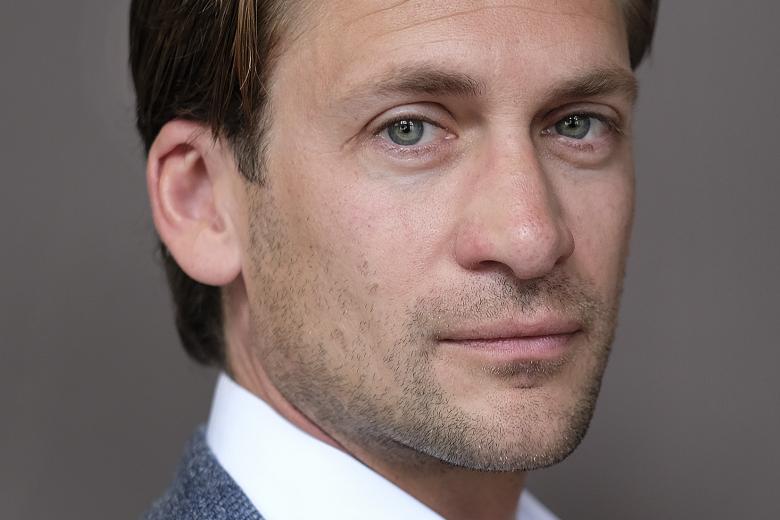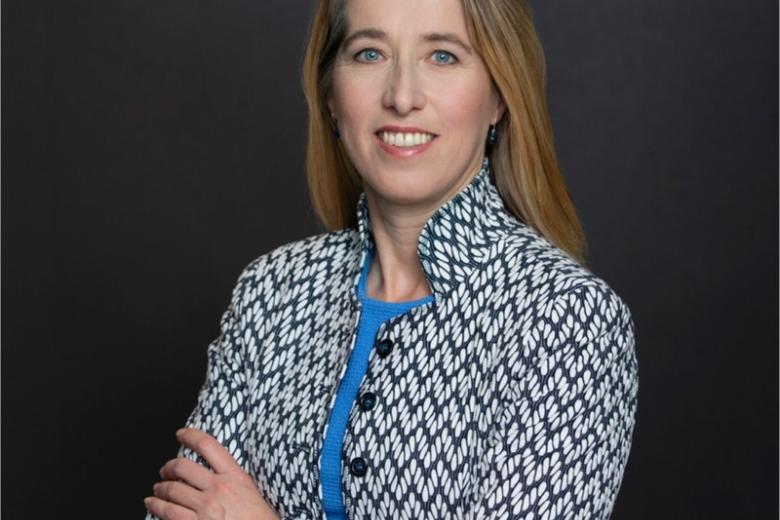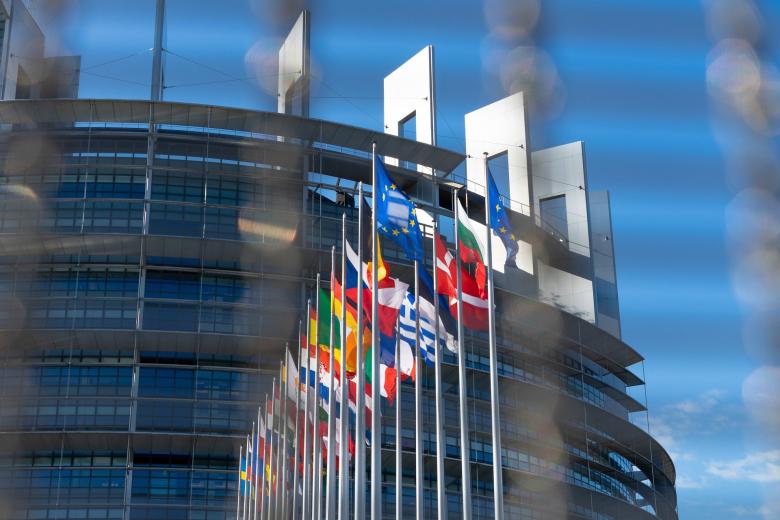Nanobubbles: how, when and why does science fail to correct itself?
Cyrus Mody, Professor of the History of Science, Technology, and Innovation at Maastricht University’s Faculty of Arts and Social Sciences has obtained a Synergy grant from the European Research Council for his project ‘Nanobubbles: how, when and why does science fail to correct itself?’ ‘Nanobubbles’ seeks to explore how erroneous claims can be removed from the scientific record. “Researchers sometimes present claims as the truth, even though there is evidence that contradicts those claims.
Claims and counterclaims
When other scientists point out the countering evidence, the original researchers often refuse to accept these counterclaims, even though these are grounded in solid research as well. Among the reasons that people ignore or deny criticism is that researchers have built their careers on a certain topic, or that the refutation of their evidence would prevent them from obtaining grants.
Nanobiology as field of research
“This happens regularly in the field of nanobiology, which is the focus of our project.” Prof. Mody explains. “The project examines three ‘bubbles’ in specific: the claim that nanoparticles can cross the blood-brain barrier, the promotion of the "protein corona" concept to describe ordinary absorption of proteins on nanoparticles, and a third claim that nanoparticles can penetrate the cell membrane.” The project involves four Principal Investigators: Raphaël Lévy (University of Sorbonne Paris Nord), Cyril Labbé (University of Grenoble Alpes), Willem Halffman (Radboud Univeristy) and Cyrus Mody (Maastricht University).
Discussion
It is not the intention of the project leaders to point fingers at who is right and who is wrong. Instead, they want to facilitate a healthy discussion within the scientific field and provide room for evidence for and against claims to be debated. The researchers also aim to pinpoint where and how erroneous claims and corrections to these claims circulate, such as through conferences, mainstream media, journals and social media.
During the project, Raphaël Lévy, a nanoscientist, will focus on identifying evidence for and against the claims underlying the three ‘bubbles’. Cyrus Mody, a historian, will trace the historical path of error (corrections) at conferences. Willem Halffman, a sociologist, will delve into the systemic pressures that encourage people to ignore criticism. Cyril Labbé, a computer scientist, will uncover where errors enter into the scientific record.
Also read
-
If Europe wants it, it is possible: a better world
Climate, war and resurgent nationalism: global cooperation is rattling on all sides. Yet Professor Mathieu Segers still advocates European leadership: 'When death and destruction are spreading, and there seems to be no more light, often the most brilliant plans emerge.'

-
Science is not a monopoly of Universities
For science does not happen only through the university, Marjolein van Asselt, outgoing professor of Risk Governance at Maastricht University, argued during her farewell lecture.

-
His days in the Netherlands seem numbered, but in Europe Rutte is actually powerful
Prime Minister Rutte's position in Europe is quite strong," observes EU expert Mathieu Segers, professor of European History at Maastricht University.
